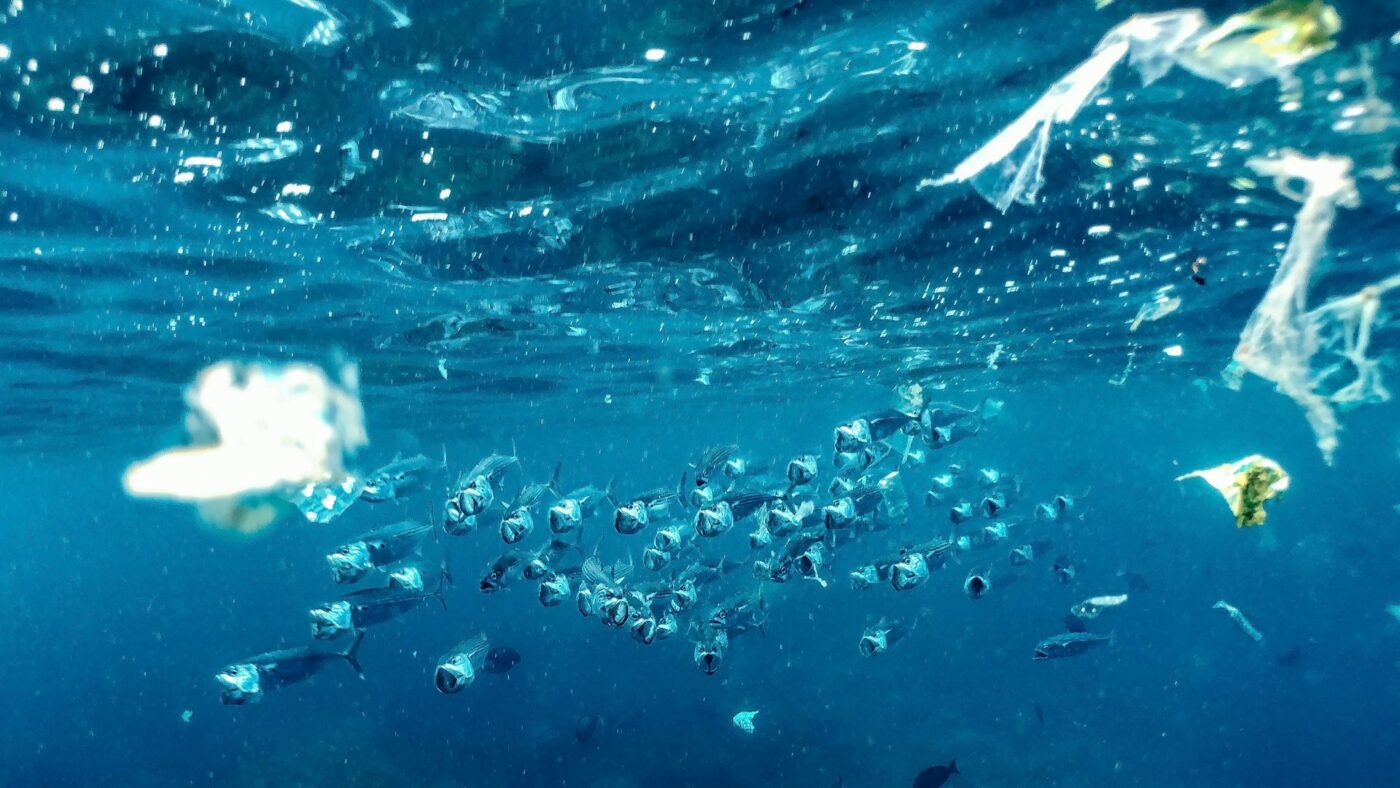The Environmental Burden of Contact Lenses
Contact lenses have long been a popular solution for vision correction, but their environmental toll is becoming increasingly evident. With 45 million Americans relying on contact lenses, the waste generated from their use and disposal is immense. According to research from the Biodesign Institute at Arizona State University, an estimated 6 to 10 metric tons of plastic lenses end up in U.S. wastewater systems each year, contributing to the global microplastic crisis (American Optometric Association [AOA], 2018). These microplastics pose severe risks to marine ecosystems, where they are ingested by aquatic life and accumulate up the food chain.

A significant proportion of contact lens wearers—15 to 20%—flush their lenses down the sink or toilet, unknowingly contributing to this problem. Once flushed, contact lenses break down into microplastics during wastewater treatment processes, eventually entering rivers, lakes, and oceans (AOA, 2018). The improper disposal of contact lenses is compounded by the fact that they are not biodegradable, remaining in the environment for centuries.
Packaging Waste and Recycling Challenges
In addition to the lenses themselves, the packaging used to store and ship contact lenses adds to the environmental burden. The plastic blister packs, foil covers, and cardboard boxes used for daily or monthly lenses often end up in landfills, where they contribute to the growing plastic waste crisis. While some packaging components, like cardboard boxes and cleaning solution bottles, are recyclable, not all recycling facilities accept the small plastic containers typically used for lenses (AOA, 2018).
Recycling programs such as TerraCycle offer innovative solutions, allowing consumers to recycle used lenses and their packaging through dedicated programs. However, these initiatives are still limited in reach and participation. Many contact lens wearers remain unaware of these options, and a lack of accessible recycling facilities continues to exacerbate the problem.
LASIK: A Sustainable Alternative
LASIK, a laser vision correction procedure, offers a sustainable and eco-friendly alternative to contact lenses. By eliminating the need for daily lens use, LASIK significantly reduces the environmental impact associated with plastic waste and packaging. Unlike contact lenses, LASIK does not generate ongoing waste, making it a one-time solution with long-lasting benefits for both individuals and the planet.
Choosing LASIK over contact lenses can help reduce the 6 to 10 metric tons of plastic waste generated by lenses each year (AOA, 2018). Furthermore, the long-term cost savings of LASIK can outweigh the recurring expense of purchasing contact lenses and cleaning solutions, making it a financially sound choice for many.
Environmental Benefits of LASIK
- Zero Waste: Once LASIK surgery is completed, there is no need for disposable lenses or plastic packaging, making LASIK a zero-waste option for vision correction.
- Reduced Microplastic Pollution: By opting for LASIK, individuals can avoid contributing to the microplastic pollution caused by improperly disposed contact lenses.
- Sustainable Choice: LASIK is a one-time procedure that provides permanent vision correction, eliminating the need for ongoing plastic consumption and waste generation.

Find a LASIK Surgery Location Near You
We’re located nationwide – it’s easy to find a LASIK Vision Center near you.
Steps to Reduce Environmental Impact with Contact Lenses
For those who choose to continue wearing contact lenses, adopting responsible disposal practices is crucial to minimizing their environmental impact. The American Optometric Association (AOA) recommends the following steps:
- Avoid Flushing Lenses: Never flush contact lenses down the sink or toilet, as this contributes to microplastic pollution in aquatic environments (AOA, 2018).
- Participate in Recycling Programs: Take advantage of recycling programs, such as TerraCycle, to properly dispose of used lenses and their packaging (AOA, 2018). Some optometry practices even offer drop-off sites for these materials.
- Recycle Packaging: Contact lens blister packs and cleaning solution bottles are often recyclable, but be sure to check local recycling guidelines to ensure proper disposal (AOA, 2018).
- Use Multi-Purpose Solutions: Consider using multipurpose cleaning solutions to reduce the number of plastic bottles used in the care of contact lenses.
The Future of Sustainable Vision Correction
As the environmental impact of plastic waste becomes more pressing, vision correction solutions such as LASIK provide a forward-thinking alternative. While recycling programs and sustainable disposal methods can help mitigate some of the environmental damage caused by contact lenses, LASIK offers a permanent solution that eliminates plastic waste entirely. By choosing LASIK, individuals not only reduce their environmental footprint but also contribute to a more sustainable future.
For contact lens wearers, adopting eco-conscious practices and exploring alternative solutions like LASIK are essential steps toward reducing the environmental harm associated with vision correction.
Source:
American Optometric Association (2018). Contact Lens Recycle Fact Sheet. AOA. Retrieved from https://www.aoa.org/AOA/Documents/News/Contact%20Lens%20Recycle%20Fact%20Sheet.pdf
Categories:



